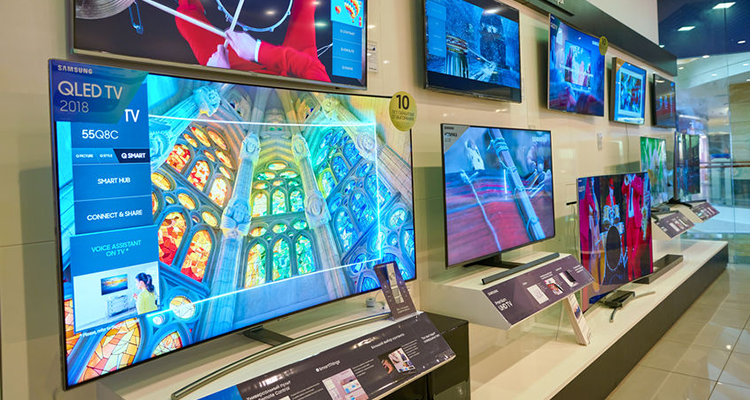What Matters When Selecting New Products
 I’ve talked before about how my inbox is deluged every day with unsolicited product pitches — and most of them are garbage. I’m reminded on a daily basis of two key aphorisms. The first is Sturgeon’s Law: that 80% of everything is crap. The other, courtesy of tech entrepreneur James Altucher, is that “95% of the time, things don’t work out.”
I’ve talked before about how my inbox is deluged every day with unsolicited product pitches — and most of them are garbage. I’m reminded on a daily basis of two key aphorisms. The first is Sturgeon’s Law: that 80% of everything is crap. The other, courtesy of tech entrepreneur James Altucher, is that “95% of the time, things don’t work out.”
As discouraging as those metrics sound, they’re confirmed as at least reasonably accurate when I survey the products that erstwhile vendors bombard my inbox with. In fact, I’ve joked that if Theodore Sturgeon had lived to see the modern Internet he would have revised his estimate to say that 99% of everything is crap.
It’s in this context, surrounded by a vast howling blizzard of product pitches, that you the technology professional have to venture in search of new product categories for your business. Why? Because you can’t go on selling or installing the same products you have in the past.
At the risk of dogpiling too many quotes into one editorial, in the words of Frank Zappa, “Without deviation from the norm, progress is impossible.” None of you in the AV channel are still specifying component video switchers or volume control knobs into projects (You aren’t, right?), so that means the need to keep looking for new brands and products is constant. You might not necessarily be looking for the next big thing either, maybe just a bunch of small thing that make your work easier and better.
As a rubric, look at the answers to four questions when considering new brands or products.
The first question is: Is it easy to install or difficult? Beyond any ephemeral cool factor, the most important thing should be whether a new product will speed up our installs, reduce waste and deliver value to the client.
Does this new brand exemplify the technology it uses? Put it another way, is it the leader in its category or is it just another “me too” product.
I’ll be the first to tell AV pros that the brand you should promote the most is your own. Talk to veteran AV pros, and they’ll tell you that in the initial intake with new clients, the emphasis is on promoting their own expertise and not on the shiny equipment that go into their installs.
That’s the big differentiator in AV: For the client, the deciding factor shouldn’t be what kind of TV you sell, but your ability to deliver a finished project as promised.
That said, AV pros typically work with brands that are the leaders in their category. And those leaders are where they are because their products are the best at what they do.
Walk the floor at a trade show and you’ll see how many brands of in-ceiling speaker? What do any of them add to your business? “Because it’s got 80 points of gross margin!” is a seductive answer, but it’s not always enough.
Perhaps most importantly, find out how this new brand works with your existing control system. One simple sentence, but it matters a lot. Does your control vendor write modules for it? Is there an existing community of nerds with a knowledge database you can mine? Are you going to have to write everything from scratch? Enquiring minds want to know.
This is a surprising oversight for many but find out how good their tech support is. This is something I learned from an old mentor, for whom this was a BIG deal.
If your firm delivers white-glove service, you need to expect the same from your vendors. Professionalism isn’t about not having problems, because that’s unrealistic. Professionalism is about how easily those problems are handled. Ideally, if your vendor is really on the ball, those problems are handled before the client even knows they existed.





